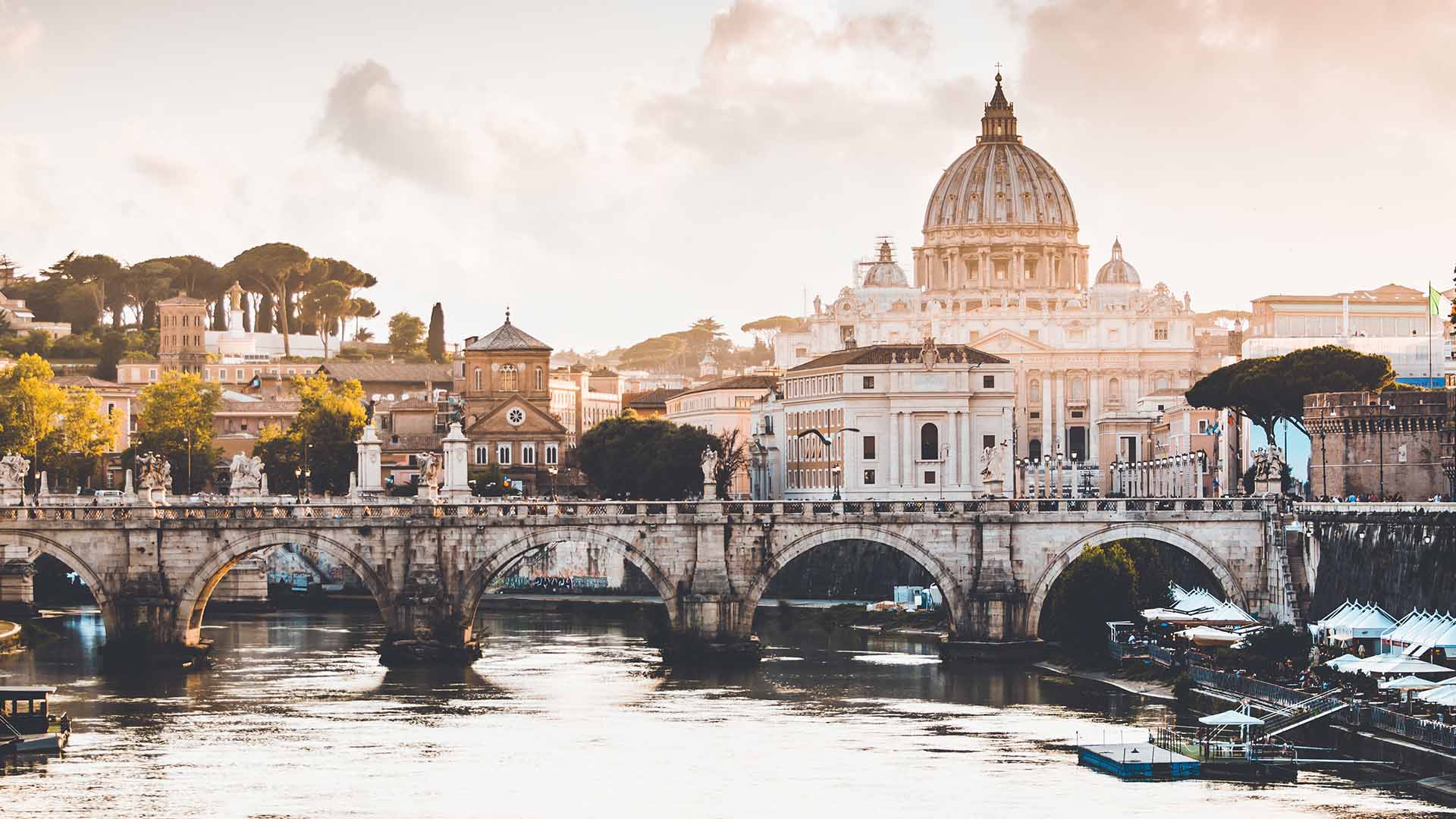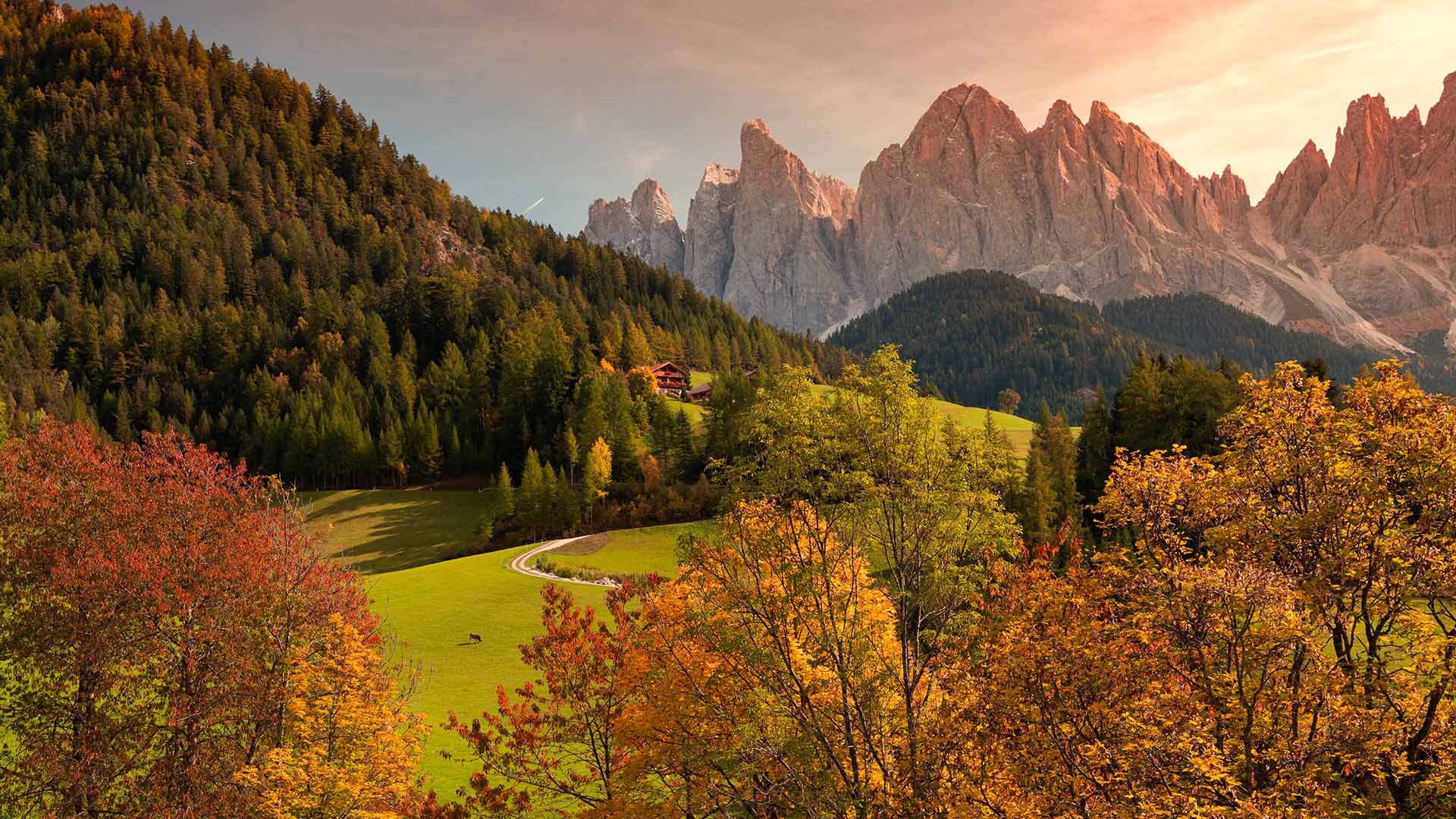Throughout history, the Sabbath has provided an opportunity to combat and, at least to some degree, dismantle the distinctions of socio-economic status within human society. For example, in the fourth commandment given by God at Mt. Sinai, the Sabbath was to be a day of reset for all people:
“Remember the sabbath day, to keep it holy. Six days shalt thou labour, and do all thy work: But the seventh day is the sabbath of the LORD thy God: in it thou shalt not do any work, thou, nor thy son, nor thy daughter, thy manservant, nor thy maidservant, nor thy cattle, nor thy stranger that is within thy gates.”
Exodus 20:8-10
The command to cease from work on the seventh day of each week was intended for all people within society. The command regarding this sacred day extended to guests and even beasts of burden. Moses, the prophet that led Israel out of slavery in Egypt, also spoke of the Sabbath as a safeguard against social inequality and oppression of society’s most vulnerable people. Enlarging upon the idea of a rest once every seven days, Moses commanded Israel to observe a type of sabbath rest every seventh year. On this year crops would not be planted, allowing the land to lie fallow. Every fiftieth year, following seven of these seven-year cycles, slaves were to be set free, land that had been sold was to revert to its original owner, and debts were cancelled. As Moses wrote, “Therefore you shall not oppress one another, but you shall fear your God…” (Leviticus 25:17).
The command to cease from work on the seventh day of each week was intended for all people within society.
Centuries after God gave the Ten Commandments through Moses, the prophet Isaiah further explained the social implications of Sabbath rest. In Isaiah 58, a chapter that concludes with powerful promises of blessings that come from true Sabbath rest, he wrote,
“Is this not the fast that I have chosen: To loose the bands of wickedness, To undo the heavy burdens, To let the oppressed go free, And that you break every yoke? Is it not to share your bread with the hungry, And that you bring to your house the poor who are cast out; When you see the naked, that you cover him, And not hide yourself from your own flesh?”
Isaiah 58:6-7
That’s amazing! Thousands of years ago people were already talking about the Sabbath as a day that would be a blessing to society. Few people would argue that human society today desperately needs these same Sabbath blessings.
Jesus Christ once said, “The Sabbath was made for man, and not man for the Sabbath. Therefore the Son of Man is also Lord of the Sabbath” (Mark 2:27-28). Did you catch that? The Sabbath was never intended for just one tribe, or ethnicity, or nation. It was made for all people. In fact, the Bible predicts that in the future, humanity will observe the Sabbath together. “ ‘And it shall come to pass that…from one Sabbath to another, All flesh shall come to worship before Me,’ says the LORD” (Isaiah 66:23). Perhaps the answer to many of this world’s problems really is a weekly Sabbath rest.





